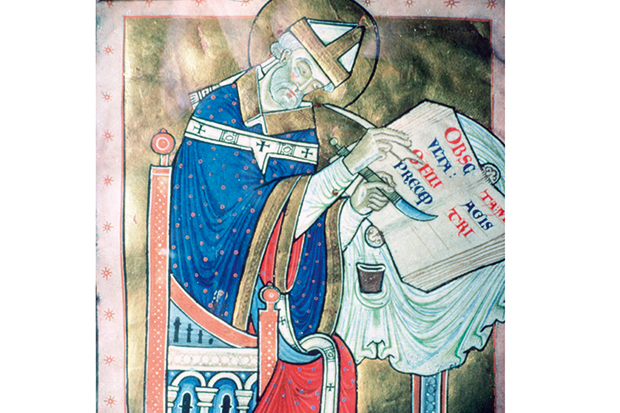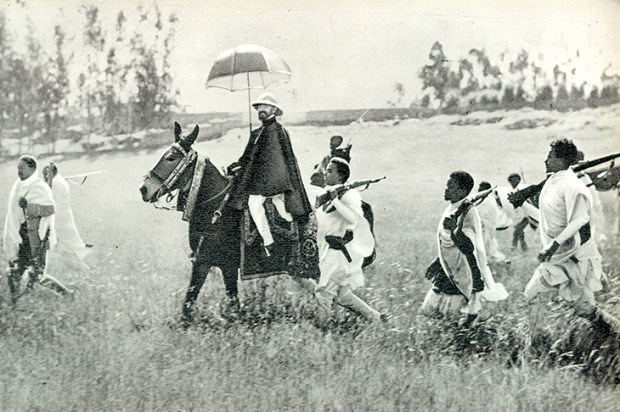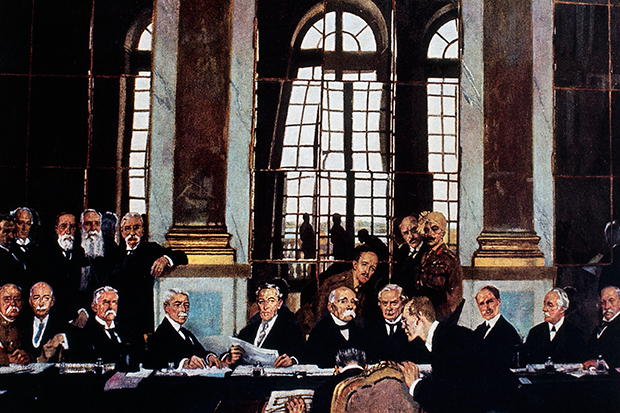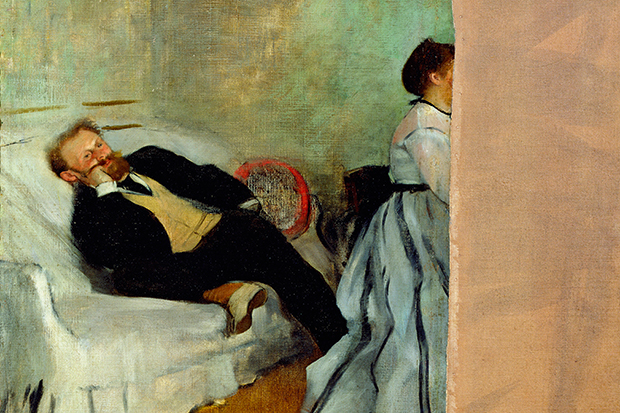Aethelred the Unready (c.968—1016) has not, as Levi Roach acknowledges, enjoyed a good press. In recent times there may have been some attempt in academic circles to take a more measured view of his calamitous reign, but the fact remains that if most us would have trouble saying quite what he did or did not do, or even what ‘unraed’ actually means, we all know how it ended. ‘And that is called paying the Dane-geld;’ wrote Kipling,
But we’ve proved it again and again,
That if once you have paid him the Dane-geld
You never get rid of the Dane.
On the face of it the revisionists have an uphill battle, too, because when Aethelred came to the throne as a child the kingdom was looking in pretty good shape. Less than a century before his birth his great-great-grandfather Alfred had defeated the Danes and unified the Saxon kingdoms of Wessex and Mercia, and over the succeeding reigns, his son and grandson had extended their power across the east and north so that for the first time a Saxon king could legitimately style himself rex anglorum and we can reasonably begin to speak of a coherent ‘English nation’.
It was this inheritance — enriched and consolidated during the halcyon reign of his father Edgar the Peacemaker — that Aethelred squandered, and Roach has set himself in this largely sympathetic biography to ask how and why. He is under no illusion that there is a strong case to answer, but underneath the superficial order of Edgar’s reign were religious and factional tensions that no child king under the thumb of a powerful mother — still less one who had come to the throne as a result of the murder of his older half-brother, Edward the Martyr — could possibly have resolved.
It should be no more of a surprise, either, that Aethelred turned his back on his mother and her party as soon as he came of age, and it was again, perhaps, his misfortune rather than his fault that his own youthful excesses should coincide with a renewal of Viking raids. In cosier times he might easily have got away with seizing the odd bishop’s lands, but in a society that saw a direct link between morality and earthly prosperity, the Viking scourge and the miseries that followed came to seem a divine judgment on a sinful king who had rejected his advisors and attacked the church.
The result in the short term was a penitent Aethelred, restitution of despoiled lands and a return of the old guard, but neither God nor the Vikings were to be so easily bought off. A brief period of reform in the 990s seems to suggest some kind of stability, but this was no more than a pause, and as the raiding parties grew in scale and ambition then the grim logic of his own penitential piety began to work itself out.
He had renounced his youthful sins in the firm belief that they had brought disaster on the kingdom, but as it had clearly not ‘worked’, then logic demanded that the finger of blame and retribution point elsewhere. If Roach is right, the factional killings and blindings of these later years, and even the appalling 1002 St Brice’s Day massacre of his Danish subjects, were at least in part a result of this need to ‘purify’ the kingdom and so, paradoxically, it was as much Aethelred’s attempts at reform as his earlier failings that hurried his reign to its close. Through the last years, royal ordinances and pulpit rhetoric continued to call the nation to penance and unity, but it was too late for sackcloth and ashes. Cnut’s armies ravaged the country and his own closest counsellors defected to the enemy, Anglo-Saxon England’s longest reign guttered to its dismal and unloved end.
This is an extraordinary period of English history, and there is a widening gap between academic writing about it and the general reader. Levi Roach has written a book that at least tries to bridge that gap. He is understandably rather more interested in addressing his peers than the rest of us, but if he can sometimes seem to make a kind of fetish of his scholarship, straining at one contextual gnat or another, he is very good at extracting from the dry bones of charters, witness lists, land grants and coinage types, a compelling and impressive picture of what was going on at the court of Aethelred.
We get no sense of the king’s personality — such a thing is probably impossible — and still less any feel for the physical realities of the Anglo-
Saxon world; but that is not his aim. What he is giving us, instead, is something he calls Aethelred’s ‘thought world’ — and what a strange world that was. It was a world living under the shadow of the end of time, a world in which blinding could seem an act of charity and treacherous slaughter a rite of national purification. Aethelred’s was as much the age of St
Dunstan and Archbishop Wulfstan as it was of the Viking Thorkell the Tall and the warrior dead at the Battle of Maldon. And unless we remember that, as Roach makes clear, we are not going to understand it or him.
The post England’s unloved king appeared first on The Spectator.
Got something to add? Join the discussion and comment below.
Get 10 issues for just $10
Subscribe to The Spectator Australia today for the next 10 magazine issues, plus full online access, for just $10.
You might disagree with half of it, but you’ll enjoy reading all of it. Try your first month for free, then just $2 a week for the remainder of your first year.














Comments
Don't miss out
Join the conversation with other Spectator Australia readers. Subscribe to leave a comment.
SUBSCRIBEAlready a subscriber? Log in